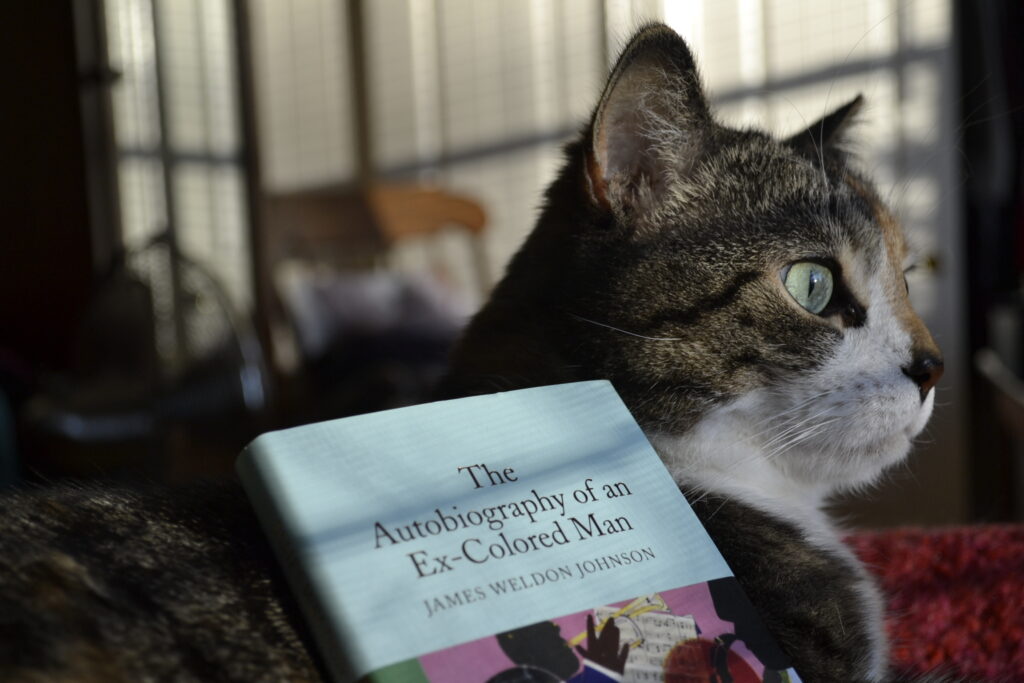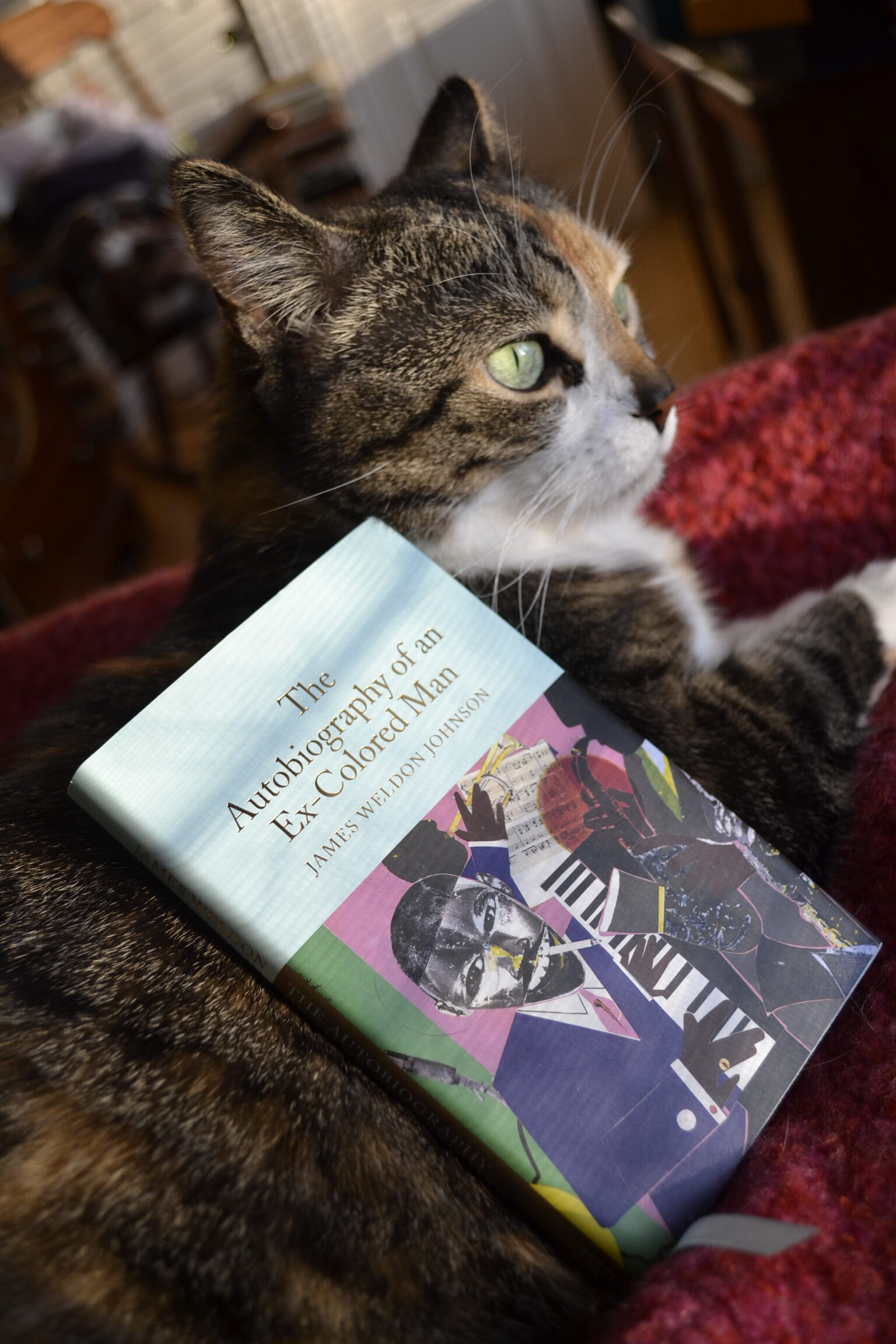Eight to Ten Days Ago
For the last few days I thought that I was feeling okay, if a bit fatigued. However, as today dawned, I knew it was impossible to deny what should have been obvious. Both myself and my lovely spouse have some kind of weird head-cold. Headaches, a lack of concentration, and some general malaise are making it hard to work and even harder to find the motivation to do anything other than sit on the sofa and sigh audibly. The cats have been little help, as they are content to sit on our laps and keep us even more solidly pinned down.
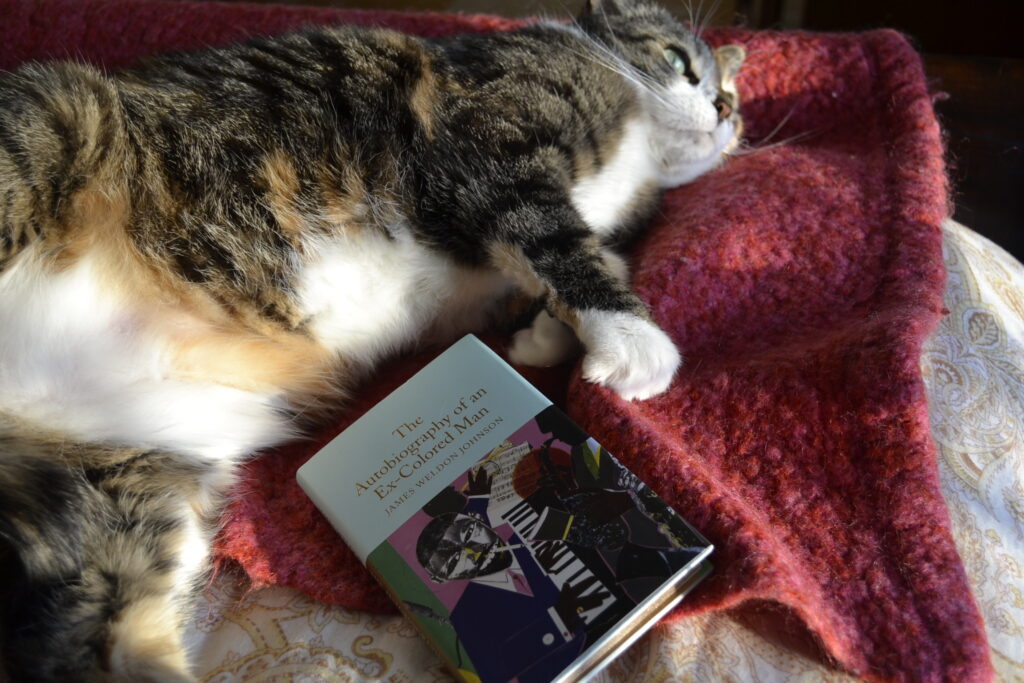
Whenever we get a cold at the same time, my lovely spouse and I like to go to the calendar and count back roughly a week to see where we could have caught it. It doesn’t really matter, but it’s something to laugh about at least — especially if we can trace the cold back to an event we didn’t want to go to or a trip to a distant mall or a film screening. This time? All that can be blamed is the weekly outing to the bookstore. So someone must have sneezed in the vicinity of a few books — and the books passed those germs to me.
Et tu, Brute?
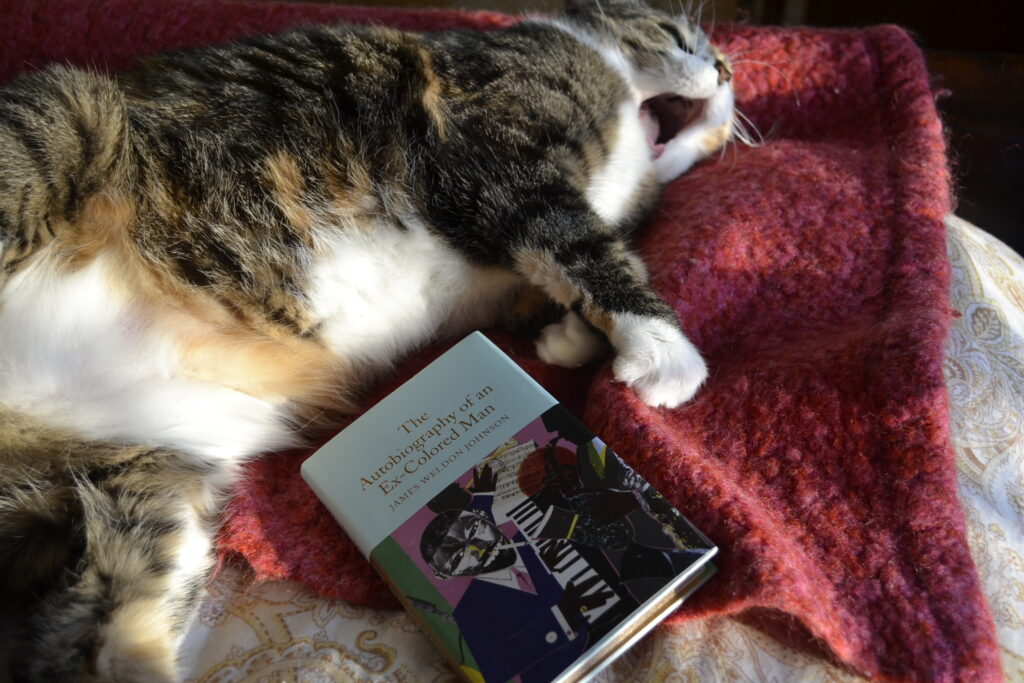
Between Fiction and Philosophy
James Weldon Johnson’s The Autobiography of an Ex-Colored Man is a book that is many things. Mostly it’s a novel about a mixed-race man who, after many varied adventures and confrontations with systemic racism in turn-of-the-century America, eventually ends up marrying a white woman and passing as white. The autobiography traces the narrator’s childhood through his young adulthood from when he first learns about his origins to his education to his experiences in music. Using the narrator’s experience, Johnson explores racism in the education system, Black nightlife in New York City, working in the margins at a factory, and, lastly, the horrific reality of lynchings.

There are a lot of sections of the book that do not further the plot so much as detail the twisted and sick ‘logic’ behind segregation and the white supremacist ideology running rampant in the South. While these discourses remain relevant even today, they are difficult to read in terms of both content and in terms of style, slowing the novel down and making it laborious. Like Richard Wright’s Native Son, which I reviewed last week, The Autobiography of an Ex-Colored Man can read and feel more like an informational pamphlet than a work of literature. It doesn’t mean the book isn’t worthwhile. It is, however, a stylistic flaw.
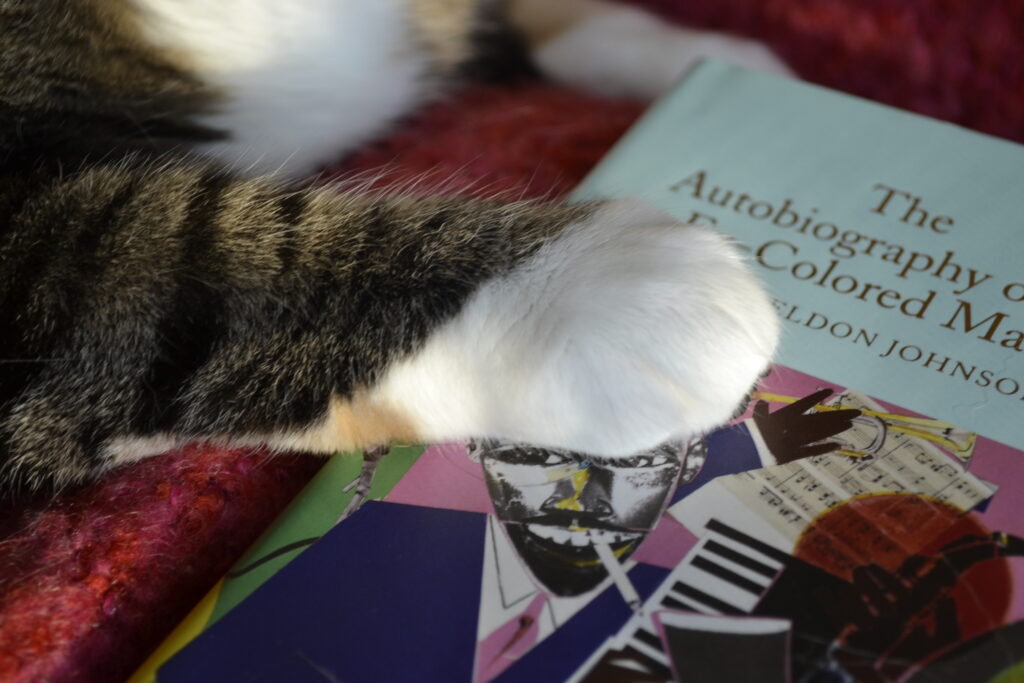
Getting Over the Narrator
The thing I wish I had known about this book before I read it? That the narrator is not supposed to be likeable. In fact, the narrator is supposed to evoke anger in the reader more so than any kind of pity. He is a man who is constantly being disparaging and racist against his own race. He is colourist. He is misogynist. He constantly runs from anything difficult and any kind of inconvenience. He is a not a man who stands up for the rights of others, or even his own rights. He listens to the conversations of racists and ends up mostly agreeing with them.
What Johnson is trying to do with this narrator is create a portrait of both the pressures of being Black in a racist country and the variety of reactions to those pressures — some of them good, some of them bad. When you know the narrator is meant to be unlikable, the goal of the writing becomes easier to interpret and the events become easier to understand and analyse. Unfortunately, not knowing this at the outset makes the reader wonder just what Johnson is saying and what kind of attitude he is espousing.
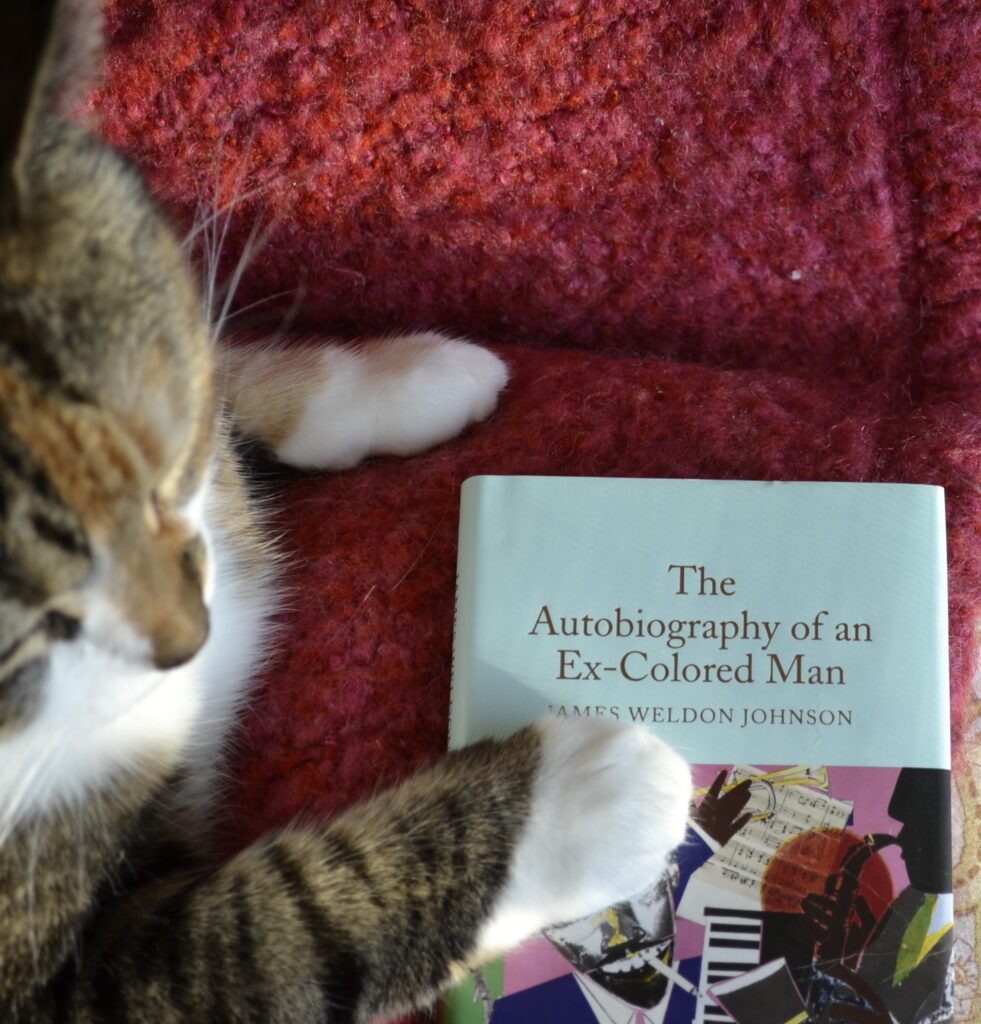
Ending and Takeaway
The ending the novel strikes a bit of a dissatisfying note. Not so much because of what the ending is, but how it is arrived at. In short, there are some structural problems that become very hard to get around. The climax of the book comes about thirty pages from the end of it — which, in a book that is only approximately 160 pages (in my edition), comes far too late. The aftermath of the event is also sketchy and mostly unexplored. There’s just a breakneck rush to the ending, when time should have been spent with the climax and with more building towards it beforehand. It’s a shame, because the structural issues rob the back half of the book of most of its power and emotional impact.
The takeaway message of the novel is an important one, even if there are structural issues and even if the narration is hard to reconcile. The book is not an easy read, but it’s a challenge that is worth considering in order to get a deeper understanding of Black literature, especially of this time period.
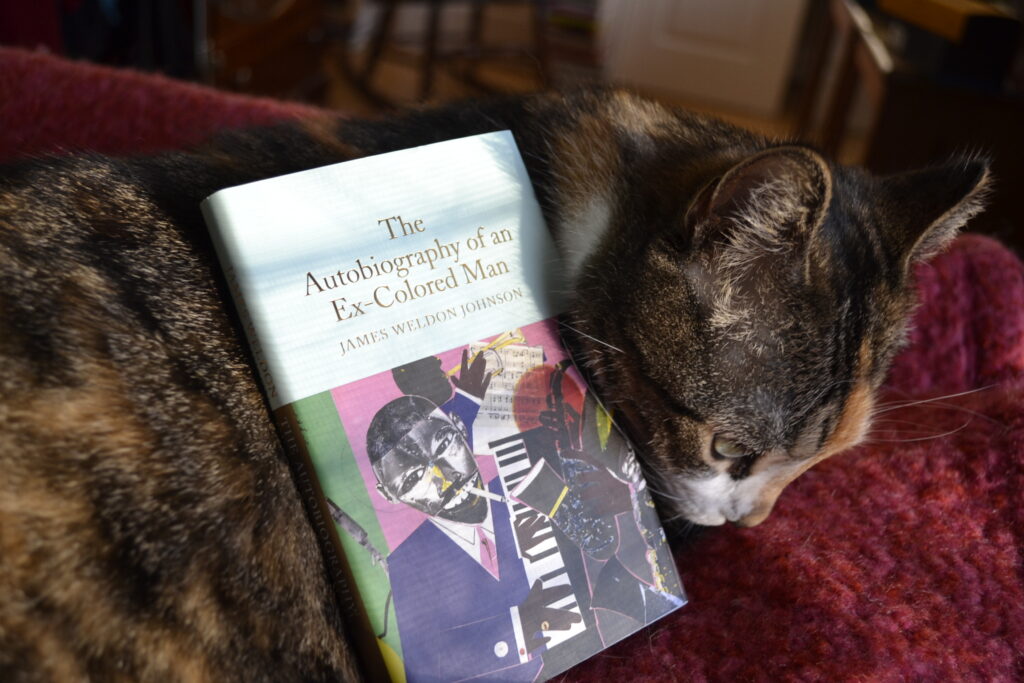
Productivity Takes a Hit
At least working freelance gives us the freedom to take a sick day today and make up for it later. It means some work on the weekend, or a bit more work next week. But it also means we can actually rest instead of pushing through a headache and struggling with a brain that is just too fogged to work.
Hopefully next week we’ll be back on track, but the next few days are just going to be empty and slow. Or least easy on the brain.
